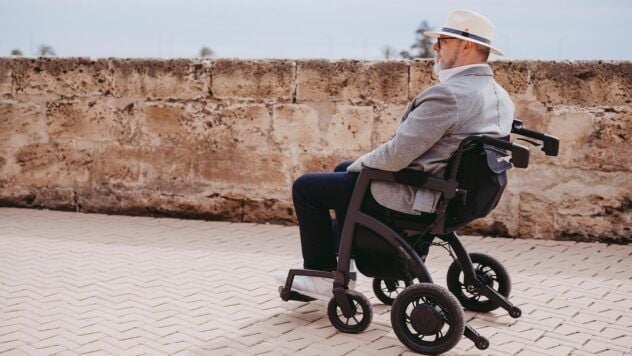
Guardianship and trusteeship, in accordance with the provisions of the Civil Code of Ukraine, are provided to protect personal non-property and property rights and interests of persons who are not able to fully exercise their rights.
This applies to minors, underage people, as well as adult citizens who, due to health reasons, cannot independently perform their duties and protect their interests.
In Ukraine, guardianship over a person with disabilities is established by a court decision.
Now watching
If a person has physical disabilities and requires outside care, it is possible to arrange permanent care without a court recognition of incapacity.
Is guardianship a basis for deferment from conscription for mobilization in 2025? Read the ICTV Facts article.
Can a guardian of a person with a disability be mobilized?
Lawyers of Free Legal Aid in a comment to Fakty ICTV told that the guardian of a person recognized by the court as incompetent is not subject to conscription for military service upon mobilization . This is evidenced by paragraph 10 of part 1 of article 23 of the Law of Ukraine On mobilization preparation and mobilization.
A person may be declared legally incompetent only by a court decision if, due to a persistent mental disorder, he or she is unable to care for himself or herself, understand the meaning of his or her actions, or control them.
So, a deferment from the army due to guardianship in 2025 is granted to a conscript only by a court decision. Also, the person over whom guardianship is established must be assigned a disability group.
According to the law, the guardian of a person with disabilities is not subject to mobilization.
However, as BPP lawyers note, the law does not specify what exactly the disability group should be.
Thus, disability groups I, II and III are sufficient to obtain a deferment from mobilization.
Guardianship over a person with a disability: how to arrange a deferment during mobilization
To obtain a deferment from conscription for mobilization, you must contact the TCC and SP with a corresponding application and provide supporting documents.
In particular, you will need:
- a court decision confirming the recognition of a person as incompetent and the appointment of a conscript as his guardian;
- certificate of determination of disability group.
Who is granted a deferment from conscription for military service upon mobilization?
So, as we have already found out, can a guardian of a person with a disability be mobilized? No, they cannot.
According to Article 23 of the above-mentioned law on mobilization, deferment from conscription for military service upon mobilization is also granted to:
- persons whose husband or wife is a person with a disability group I or II;
- persons who have a husband or wife with a disability of group III, if such disability is associated with an oncological disease, loss of limbs, hands or feet, one of the paired organs, or if they have been diagnosed with mental disorders, cerebral palsy or other forms of paralysis;
- persons who care for their father or mother, or their spouse's parents, if they have a disability of group I or II and do not have other legal caregivers who are not liable for military service (except in cases where such caregivers themselves have a disability, require care, or are in custody or serving a sentence). If there are no such people, a person with a disability of group I or II may choose one person liable for military service who will provide care.
A deferment may also be granted to second-degree family members who constantly care for a person with a disability of group I or II (no more than one person), if there are no first-degree relatives or if they themselves need care in accordance with the conclusions of a medical commission or expert group assessing functioning.
In the absence of relatives of the first and second degrees, these provisions may be applied to family members of the third degree of kinship.

